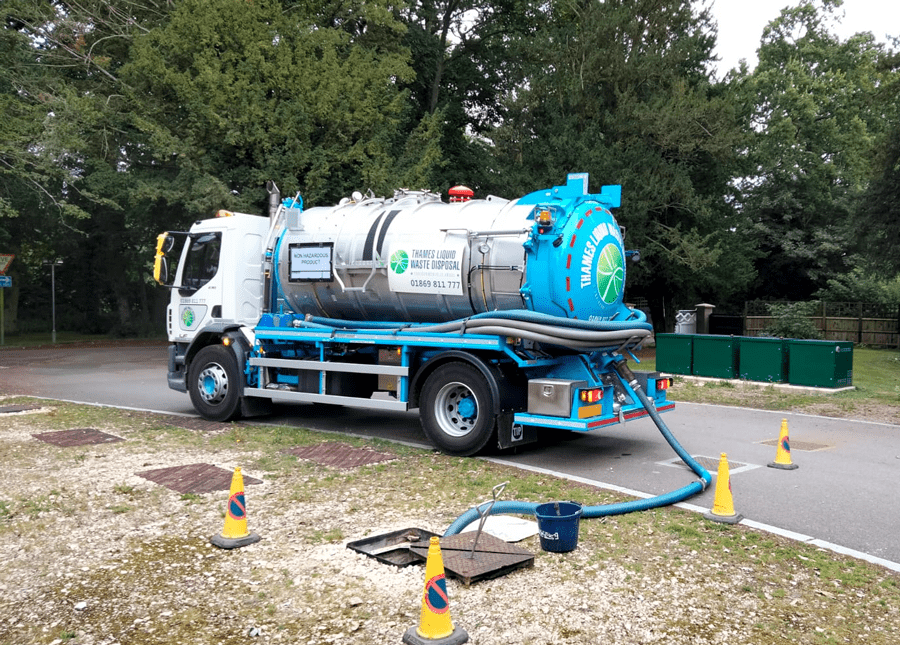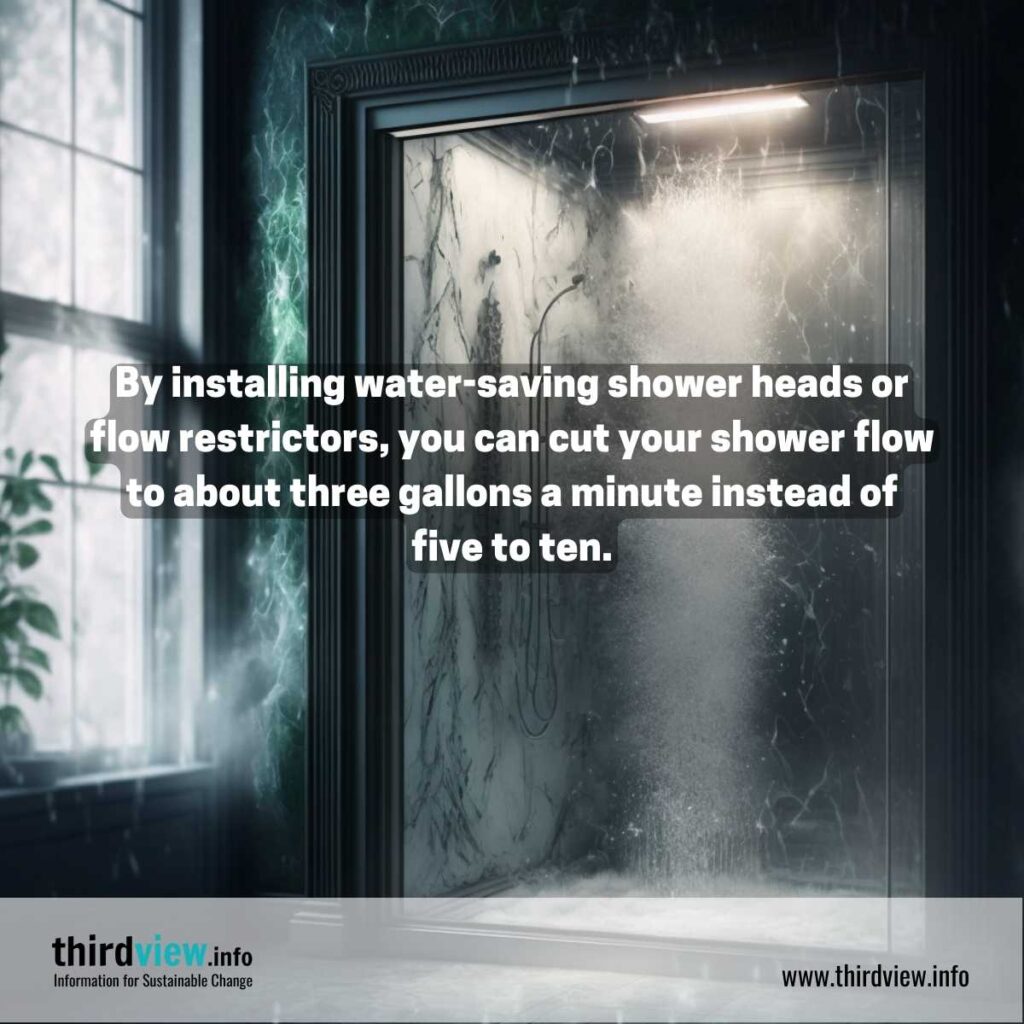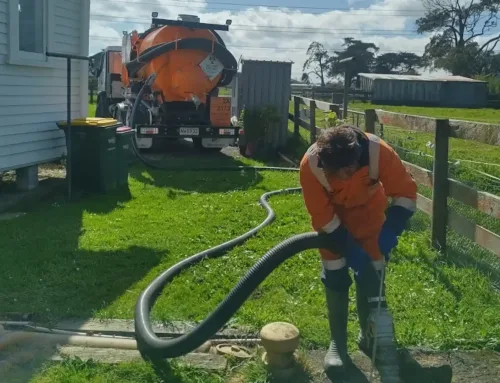The Best Guide To Reclaim Waste
The Best Guide To Reclaim Waste
Blog Article
The Ultimate Guide To Reclaim Waste
Table of ContentsTop Guidelines Of Reclaim WasteTop Guidelines Of Reclaim WasteThe Greatest Guide To Reclaim WasteSome Known Incorrect Statements About Reclaim Waste Reclaim Waste - The FactsReclaim Waste for Dummies

Never put dangerous materials down sinks, toilets or stormwater drains pipes Compounds consisting of gasoline, oil, oil, pesticides and herbicides, and solvents such as paint pole dancers should not be poured down sinks, toilets or stormwater drains. These compounds are challenging to eliminate in the sewer therapy procedure and create air pollution troubles in our neighborhood rivers.

Although fluid waste is a term that covers a broad variety of products, there's a good factor why leaving its disposal to the experts is recommended. Fluid waste is non-solid material that has no additional usage and should be dealt with and dealt with according to regional, state and government regulations.
The 10-Second Trick For Reclaim Waste
Instances of fluid waste can include wastewater, fats, oils or grease, used oil, liquids, solids, gases or sludges and harmful house fluids, there are some that are considered to be much more dangerous than others when it comes to the setting and the health and wellness of animals and people alike. It's for this reason that each state and area have actually rigorous policies connected to liquid waste management.
Liquid waste can be saved in holding containers or packaged in drums, intermediate mass containers or accepted little containers before either being treated or removed via outsourced vacuum cleaner trucks. Provided the nature of the products, fluid waste can not go in the basic waste stream and there are stringent regulations on exactly how to deal with it correctly.
(https://www.provenexpert.com/reclaim-waste/)Depending on a resolution of the level of threat, it might be essential to remediate those sites. On top of that, hazardous liquid chemical wastes are managed waste and must be tracked according to the state waste regulations. Under the chain of custodianship and responsibilities, proprietors are liable and liable for waste created by a service.
Among the core applications for superabsorbent polymers (SAPs) is liquid waste solidification. industrial wastewater treatment. SAPs are utilized by waste administration specialists to stop potentially harmful fluids from getting in rivers, groundwater aquifers, and various other delicate settings. Due to the fact that fluids can quickly transfer pollutants right into ecological receptors and possibly contribute to geotechnical failings, fluid wastes are often banned from disposal in landfills
What Does Reclaim Waste Mean?
Basically, totally free fluids are fluids that divide from the strong portion of waste material. Liquid waste can include the following: HDD mud and cuttings Landfill leachate Wastewater therapy sludge & biosolids Dug up debris Oil and gas drill cuttings Working out fish pond muck Hydro Excavation slurry Coal combustion residuals/ash Storage tank base sludge Concrete grinding/polishing slurry Related Write-up: For a practical instance of free fluids separating from waste material, consider the following circumstance: A waste management specialist loads a dump truck with sludge from a wastewater therapy plant's oygenation container, throughout a regular maintenance occasion.
When the chauffeur arrives at the garbage dump, he notices water leaching from the sludge and putting from the dump vehicle. This Site The load was denied by the land fill and the driver was forced to deal with the waste as a liquid waste at an unique facility, which increased the disposal fees greatly.
We also need to be accountable for the appropriate disposal of our waste products. It is not enough that we pay waste disposal business to take care of our rubbish.
How Reclaim Waste can Save You Time, Stress, and Money.

The excellent place is a good exterior space with lots of sunlight and air. Segregate your waste. Segregating your waste can begin inside the home. Set apart completely dry and liquid waste along with edible waste, biodegradable and non-biodegradable materials. Constantly keep the cover on your containers to avoid pests, worms, flies, and unpleasant smells.
Layer the bottom with dirt to soak up the damp waste. Layer the garden compost with wet and completely dry waste as well as dirt to preserve a balance between the damp and the dry.
See This Report on Reclaim Waste
Cover the compost container. Once a week, add soil on top of the compost. To promote faster disintegration, you can likewise include semi composted dirt to the garden compost. Keep the garden compost. If you observe the odor is ending up being too solid, add extra newspapers and paper waste or include more openings to the garden compost bin to maintain the balance of the waste products.
We likewise require to be responsible for the proper disposal of our waste materials. It is not sufficient that we pay waste disposal firms to take care of our rubbish.
Our waste, our obligation. Have you ever before wondered what happens to your fluid waste after it's gathered? Did you know that fluid waste can be reused? As responsible people, you need to understand what takes place to your rubbish and where it goes after it is eliminated from you. Recognizing the liquid waste removal procedure is necessary in helping you to segregate your waste.
Reclaim Waste - Questions
Segregating your waste can begin inside the home. Set apart dry and liquid waste as well as edible waste, eco-friendly and non-biodegradable materials.
You can use old trash can, pail, garden pot or old plastic drums. Pierce 4 to 5 openings in the container so the air can circulate. Layer all-time low with dirt to take in the wet waste. Start the composting process. Layer the garden compost with wet and completely dry waste in addition to soil to preserve a balance between the damp and the dry.
Cover the compost bin. Once a week, include dirt on top of the compost. To facilitate faster disintegration, you can also include semi composted dirt to the garden compost. Preserve the garden compost. If you discover the scent is ending up being as well solid, add added papers and paper waste or add even more holes to the compost container to keep the balance of the waste materials.
Report this page